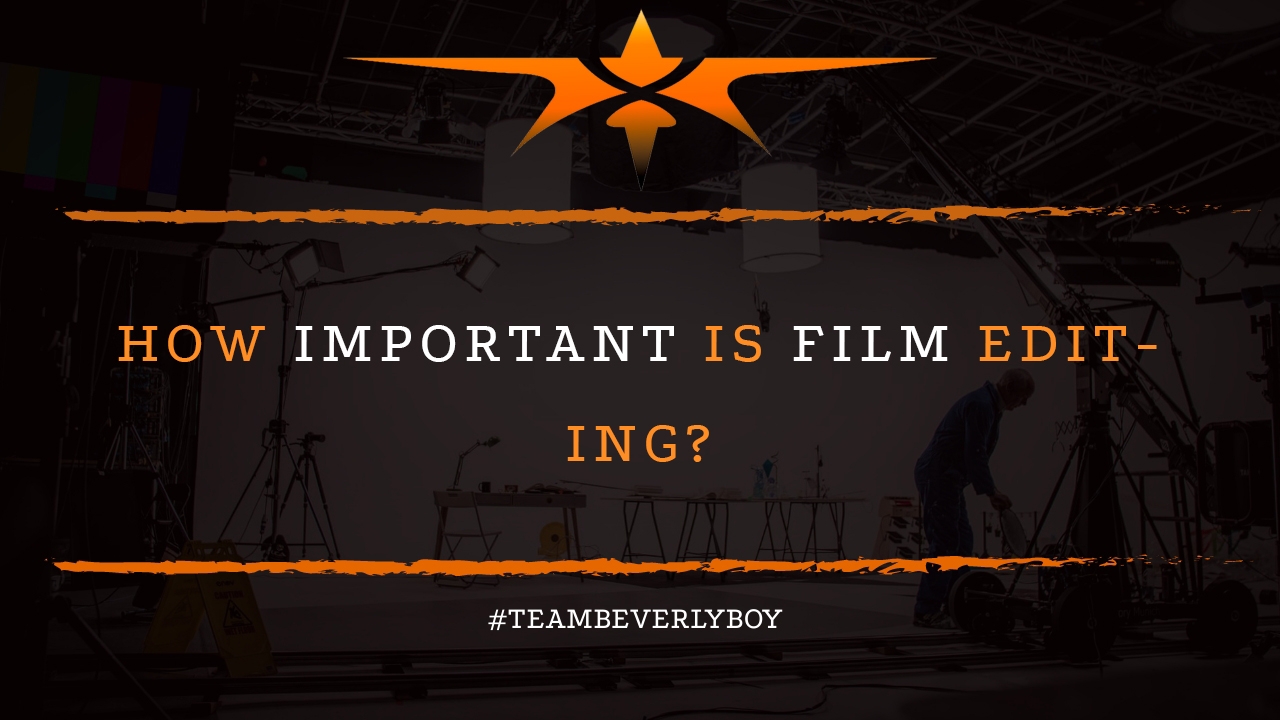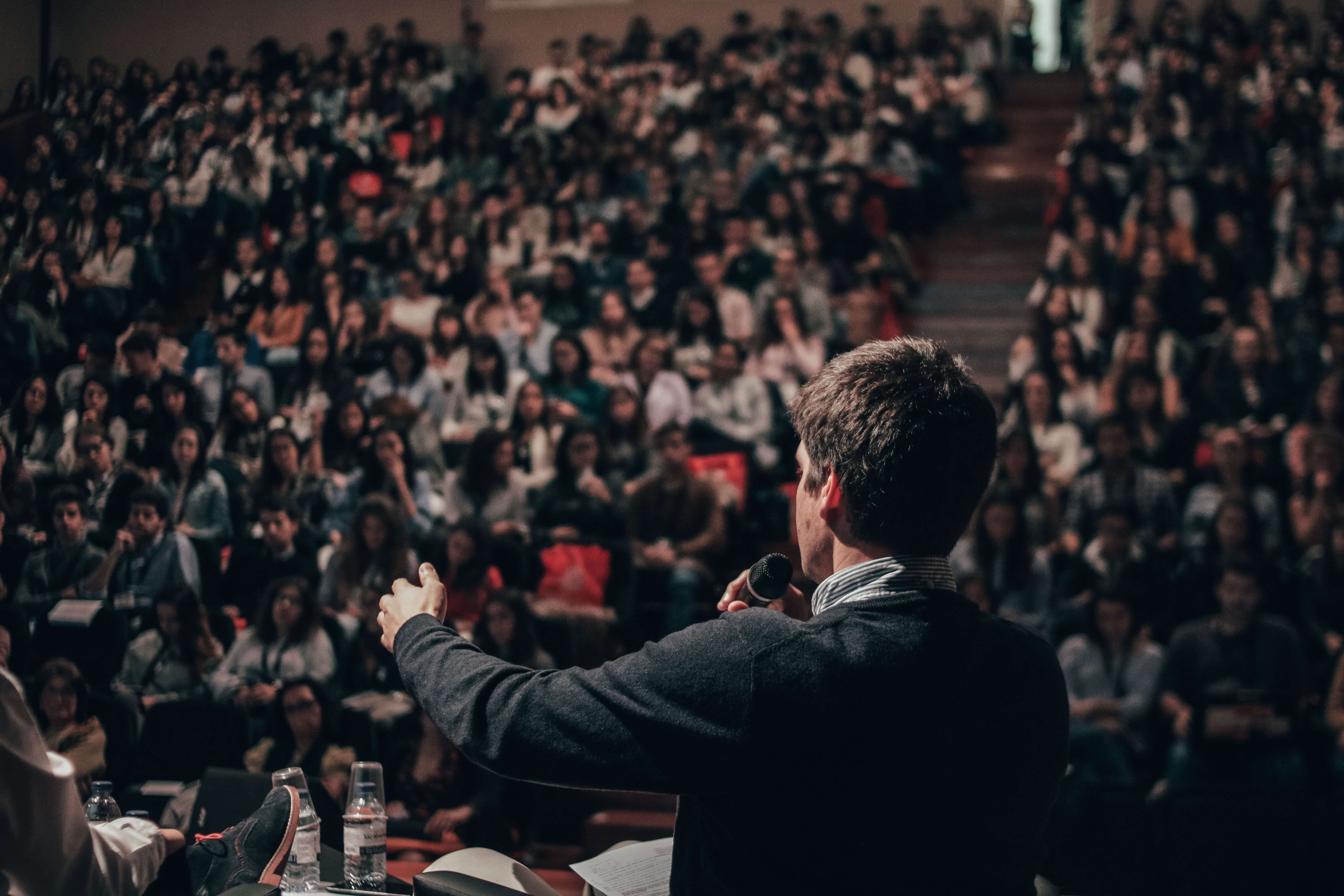
How Important is Film Editing?
Film editing is one of the final steps of production that takes place in the post-production process, but just how important is film editing and do you really need to even worry about it? That’s a common question that comes up, especially with newbie content creators that see a decent shoot and think, “Do I even need to edit the content?” But the reality is, film editing is the most important part of the filmmaking process and it’s absolutely vital to the success of your finished video product. If that’s not enough to convince you how important film editing is…perhaps these additional points will.
Get a quick quote now!

1 Pacing
First and foremost, film editing is important because the editor is able to appropriately determine how fast that film should deliver content to the audience. Deliver the content too quickly, and the viewer may not digest it or get the valid points. Deliver it too slowly and you’re almost guaranteed to lose interest.
Pacing the film is vital as it sets the tone. Think of a scene where the shot lingers around a bit on the subject. Doing so can create tension in the audience as they struggle to digest whether they should feel one way or another.
Likewise, pacing is one way that the film editor establishes the flow of the chosen shots, setting the desired emotion or tone of the film. Fast pace can create anxiety or a sense of urgency. A slower pace can set the tone for an audience to feel more at ease or inquisitive of what’s taking place.
2 Information Flow
Editing is also important because the editor is involved in determining what information the audience needs to know and in what order they must see or hear it. The flow of information from one scene to the next is generally left up to the editor to decide. Some editors will eliminate bits and pieces to allow the audience to make their own decisions on how a storyline is playing out.
Have you ever watched a movie and wondered for several scenes or all the way until the end what what going on? Why someone did something? What was going to change at the very end to make it all come together? This is the result of information flow being adjusted in editing so that you (the audience member) stay engaged and interested in figuring out what is happening.
The order in which information is delivered to the audience represents one of the most important film editing steps. The editors uses the flow of information to build the narrative for the film.

3 Audience Emotions
Editors are responsible for eliciting the emotion of the audience that is viewing your film. Film editing often results in shifts in audience emotion such that even though the flow of information and the pace of the film are adjusted by the editor, the emotions and underlying feelings of the viewer must remain the same.
Think of how various forms of capturing footage for a film can change the way your audience feels about a character. For example, many scenes are edited in such a way that the audience determines their emotions based solely on how the scene is captured. Audience emotions are captured with each change in the scene and, when film editing results in significant changes, the audience emotions are likely to equally adjust.

4 Unified Shots
Still wondering, “how important is film editing?” Technical editors are able to unify shots so that they can marry together a scene in a way that allows the entire film to feel balanced despite different shoot locations, times or techniques. Shot unification is used by film editors to increase the expansiveness of the scene, to reduce the expansiveness of the scene, or to otherwise control the shot.
Without film editing, videos lack unification, they lack emotion, and they lack the pacing and flow of information that sets the tone and the emotion of the story. Ready to hire film editing services that will bring your content to the next level? Give Beverly Boy Productions a call! We Can’t wait to start editing your film project!


